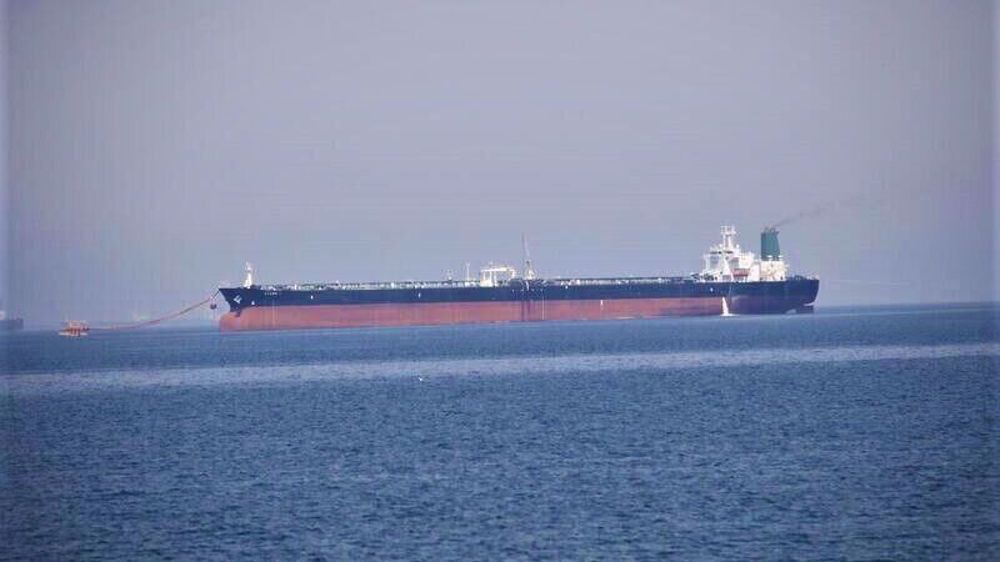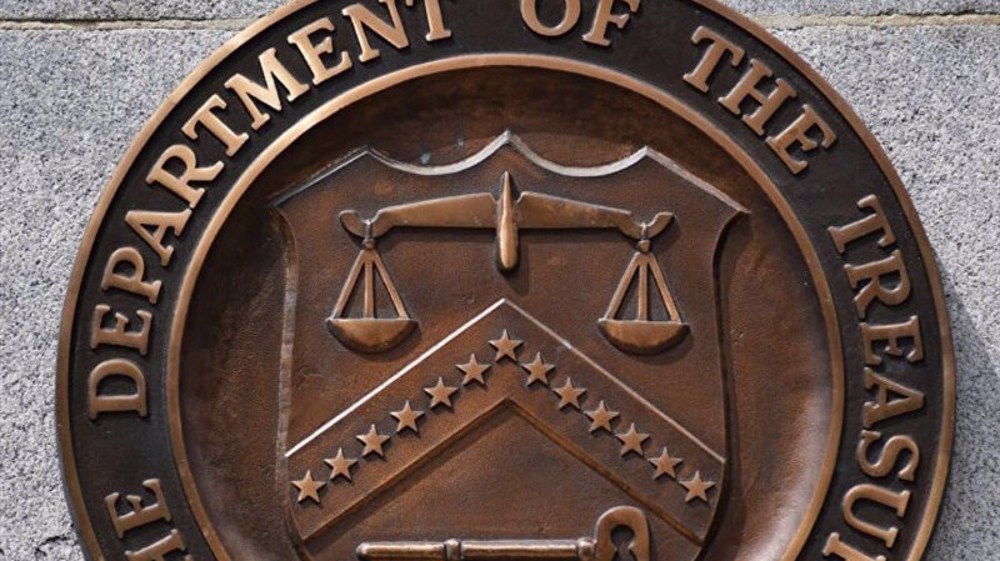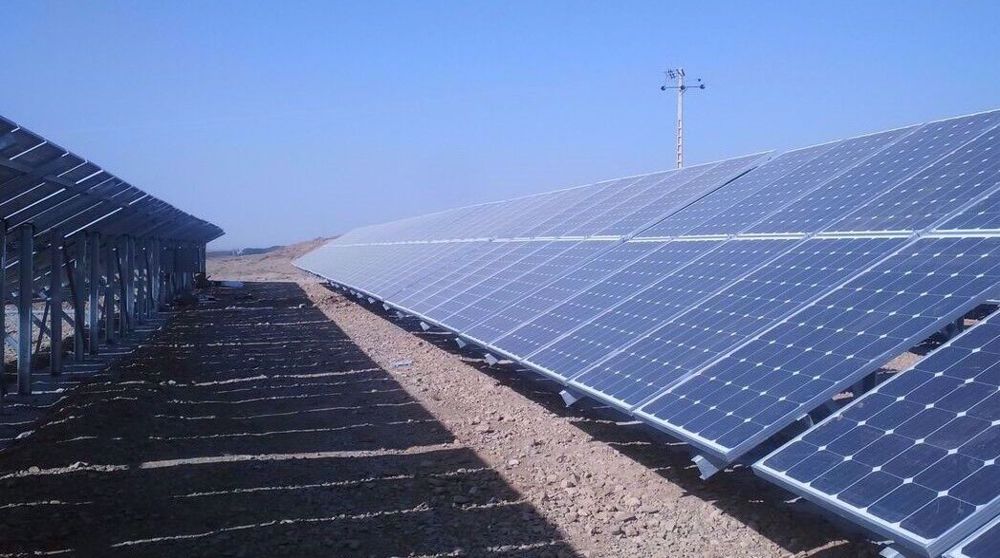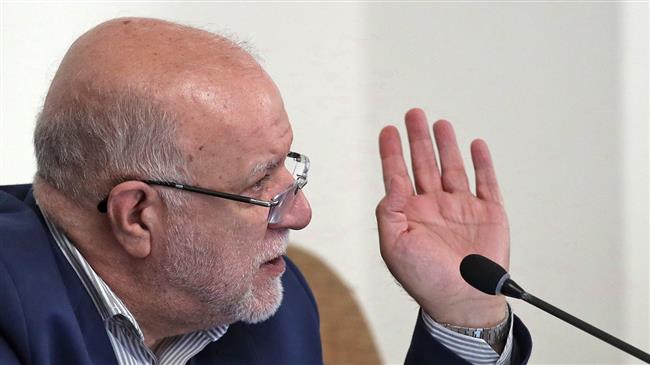US sanctions hampering Iran’s environment efforts on flare gas: Minister
Iran’s Oil Minister Bijan Namdar Zanganeh says American sanctions have hampered government efforts on environment protection in the oil industry.
Zanganeh said on Sunday that Iran was unable to import machines and equipment needed to contain flare, the gas burnt or vented at oil and gas production facilities which is highly detrimental to the environment.
“The sanctions are anti-human and anti-environment,” he said, adding, “They don’t let us import equipment we need to prevent sulfur burning or equipment through which we refine non-standard gases.”
The minister said sanctions were hampering shipment of machines ordered and paid by Iran, some of them totally ready for transportation into oil processing facilities south of the country.
“That is why we say the sanctions have targeted the entire Iranian nation,” said Zanganeh, adding, “They are both anti-human and a crime against humanity.”
Iran has made major progress in using flare gas either for power generation or as a feed to refineries. Recent reports suggested the country has made an investment of above $5 billion in those projects over the past years.
However, Washington’s sanctions that began in November and toughened in May have restricted Iran’s access to part of the technology needed in the field.
The sanctions came as part of an attempt by the American government to cut Iran’s sale of crude to zero and to weaken the country’s ability to tap into its huge oil and gas resources.
That comes despite reports suggesting that Iran has used the sanctions as an opportunity to develop the downstream section of its oil and gas industry and boost output and exports for petrochemicals.
The country has also made huge progress in expanding its gas fields while relying on the domestic expertise.
Zanganeh said recently that output from the South Pars gas field, the world’s largest which is shared with Qatar, would reach historic levels of above 750 million cubic meters a day in the upcoming months.

Iran issues jail sentences, fines for foreign crews of fuel smuggling ships

US sanctions Iranian businessman, his company amid nuclear talks

Iran to expand off-grid solar to all government buildings
VIDEO | Press TV's news headlines
VIDEO | Pakistan’s business and cultural front unites for Gaza: Nationwide shutdown, boycott announced
US jets carry out more aggression against Yemen
Syrian militants enslaving Alawite women in Idlib governorate: Report
VIDEO | US pro-Palestinian campus protest
VIDEO | Palestinian civil defense rejects Israel’s probe and exposes the crime
India downgrades ties with Pakistan after deadly Kashmir attack
Iran’s steel output up 3.7% y/y to 3.3 million mt in March









 This makes it easy to access the Press TV website
This makes it easy to access the Press TV website